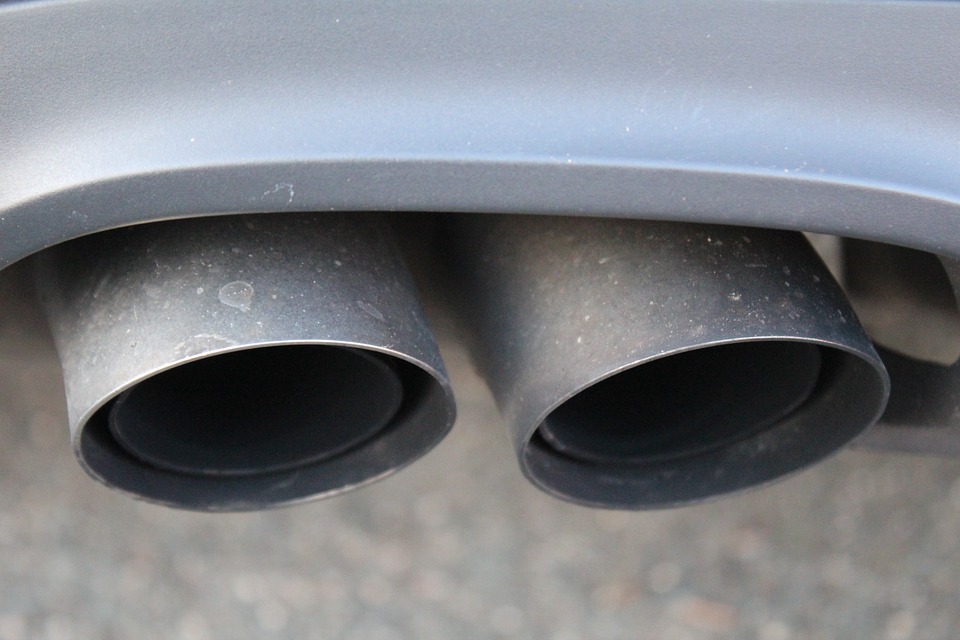Climate Plan: Carbon and motor tax to rise to reflect emissions impact

June 19th, 2019
The Government will implement successive carbon tax increases in upcoming annual budgets, according to its new climate plan.
The Climate Action Plan to Tackle Climate Breakdown states that a carbon tax rate of “at least €80 per tonne by 2030” in a bid to bring down Ireland’s emissions that are among the highest levels per capita in the EU.
The intention reflects the recommendation of the all-party Climate Action Committee report published in March, which advocated for an €80 rate by the end of the next century.
The carbon tax, introduced in 2010, applies to kerosene, marked gas oil, liquid petroleum gas, fuel oil, natural gas and solid fuels. As it stands, the tax is €20 per tonne and brings in around €440 million per year in revenue that goes directly into the Government’s main treasury account.
Budgetary decisions to curtail carbon emissions will “underpin many of the actions” in the plan in an effort to change consumer behaviour, the plan goes on to say.
One measure the government intends to take is to recalibrate the Vehicle Registration Tax (VRT) and motor tax for passenger cars in order to “better reflect the emissions impact of individual vehicles”.
Since 2008, VRT is calculated on the basis of carbon emission production with higher emitting vehicles facing a higher rate of tax. To date, the Government already provides a VRT relief for the uptake of electric vehicles.

The Government will also examine the introduction of an emissions-based tax regime for large goods vehicles under the plan, as well as the possibility of gradually equalizing the excise rates of diesel and petrol.
In addition, the plan considers a balance between a possible dividend-based approach and the expansion of decarbonization funding in regards to the use of additional carbon tax revenue.
The proposed redistribution plans were also an element of the all-party Climate Action Committee report, which recommended that carbon tax funds be used to aid the transition to a low carbon economy.
Just this month, a new Economic and Social Research Institute (ESRI) study found that a revised carbon tax model could have a positive impact on reducing both emissions and income inequality.
If raised to €80 per tonne, the ESRI found, a carbon tax could lead to a 10 per cent drop in emissions.
As it currently stands, according to the study, carbon taxation is regressive with lower-earning households spending a greater proportion of their income on the tax than more well-off earners.
However, the report continues, if revenues raised are returned to households in a manner that targets poorer ones, income inequality could be reduced by between 1.2 and 2.8 per cent.
Speaking before the Budgetary Oversight Committee yesterday, Professor John Fitzgerald of the Climate Change Advisory Council (CCAC) stressed that, while there is a “massive amount” of evidence that carbon taxes reduce emissions, they cannot alone deliver on the State’s targets.
Caroline Whyte of the Foundation for the Economics of Sustainability (Feasta) welcomed the Climate Action Plan and echoed Professor Fitzgerald’s findings, telling The Green News that “price alone cannot eliminate carbon use”.
“We urge the Government to simultaneously enforce a hard upstream cap on fossil fuel production and imports to help ensure that emissions will, in fact, be diminished and eventually eliminated,” Ms Whyte said.
Carbon tax opponent Brid Smith TD of People before Profit, however, expressed her discontent with the carbon pricing section of the plan.
“I think it’s really insulting and aggressive to say that ordinary people and people’s consumption habits are the problem without looking at the system itself,” Ms Smith told The Green News.
“It’s all being put back on ordinary people and their behaviour,” she added.
[x_author title=”About the Author”]







